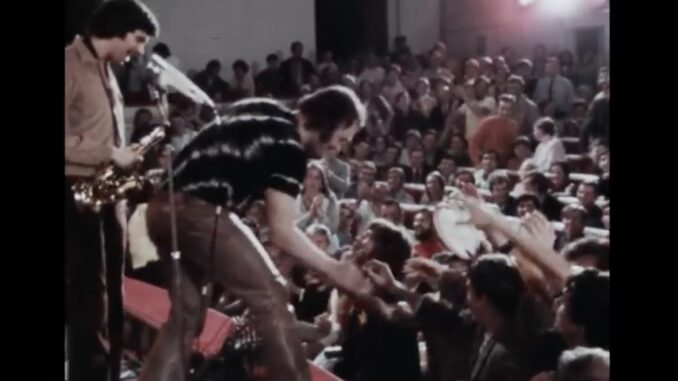
Movie Review by DAN MACINTOSH
You may wonder why Blood, Sweat & Tears just seemed to burn bright and burn out fast. The band was on top of the musical world in 1970, you may recall. The group’s self-titled album beat out The Beatles’ Abbey Road for the Album of the Year Grammy, for heaven’s sake!
So, why didn’t this pioneering jazz-rock act go on to create multiple hits like, say, the group Chicago did? Well, John Scheinfeld’s new documentary, What the Hell Happened to Blood, Sweat & Tears? helps answer some of these puzzling questions. And it’s not a pretty picture. This talented act was truly a victim of circumstances, and Scheinfeld does a fantastic job detailing the group’s troubling career story.
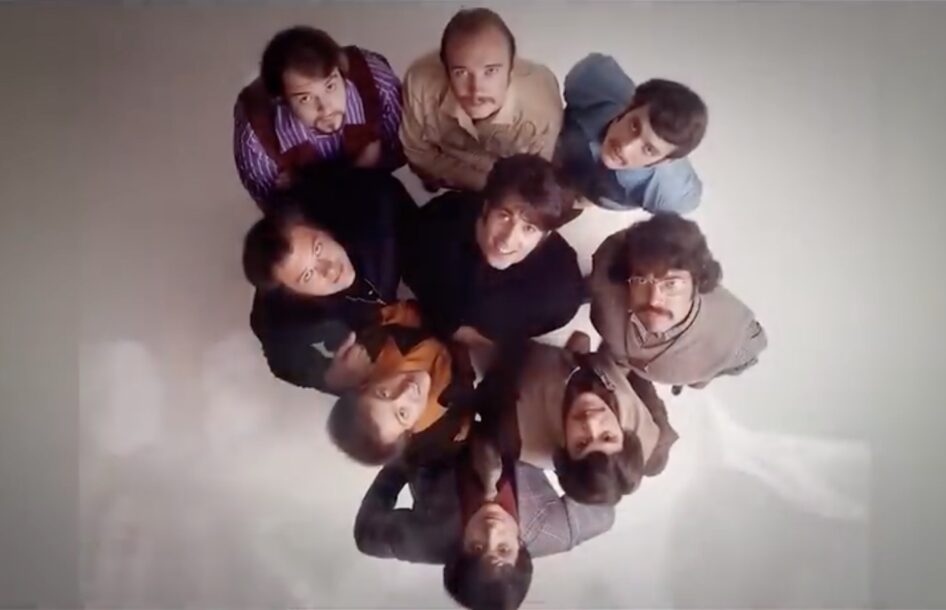
A few years ago, drummer and Blood, Sweat & Tears leader Bobby Colomby approached Scheinfeld, saying he had a story to tell. And that story’s a doozy, too! It includes plenty of political intrigue, which led to a documentary film that is so much more than a mere video career retrospective.
The group – while super successful – was also facing a crisis when our story begins. Its distinctively talented vocalist, David Clayton-Thomas, was a Canadian citizen (in an American band) facing the loss of his green card, due to some past criminal behavior as a youth. The band’s manager at the time, who – shock of all shocks – was in prison when first introduced to the act, had a twisted plan in mind. This plot involved mounting a tour behind the Iron Curtain (the first rock act to do so, by the way), which would also be sponsored by the U.S. State Department. In exchange, the government agreed to allow Clayton-Thomas to keep his green card, remain in the U.S. and continue fronting the successful group. (That seems like an odd solution, but you gotta do what you gotta do, right)?
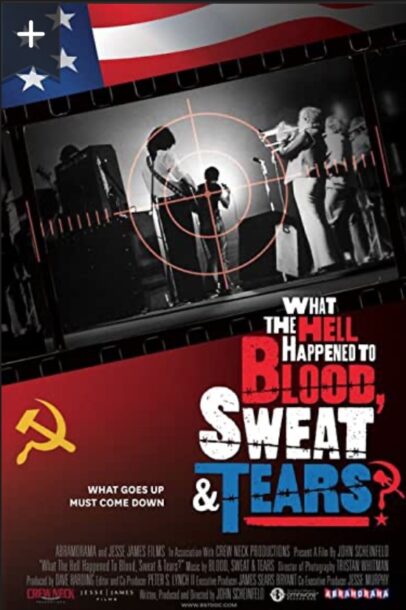
Well, when the group, which was vocally anti-Vietnam war (like a lot of musicians involved in the cultural underground at the time), returned to the U.S., it was labeled as traitors in the anti-war cause, after working with the State Department. When the group played Madison Garden soon after its return, in fact, Yippie leader Abbie Hoffman led a protest outside the venue and an audience member inside even threw horseshit up on the stage during its performance. This left the band viewed as enemies of both the right and left, politically speaking, making it perhaps one of the first victims of “cancel culture.” This series of events is the primary reason why the band never created a long-lasting legacy, unfortunately.
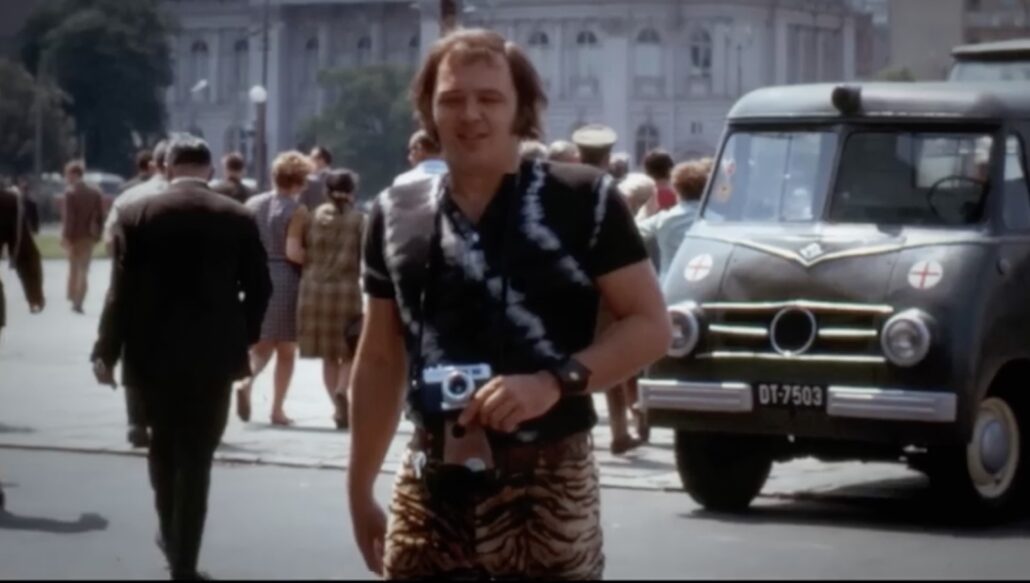
Scheinfeld fills his film with plenty of band member interviews, concert footage and first-hand accounts of the story. He also illustrates why the Cold War was such a nervous time in America, which gives this sad story plenty of necessary context. If you are a history buff (of both music history and world history) this is a must-see film. It tugs at your heart, too. It makes you hurt for the group. It’s a perfect example of how bad things sometimes happen to good people. Blood, Sweat & Tears were not spokespersons for the Nixon administration, nor was this act at all unusual in its opposition to the Vietnam war (most everyone, eventually, came out against that bitter conflict). However, these extremely talented musicians received blame from two sides of the political spectrum, which it could never overcome.
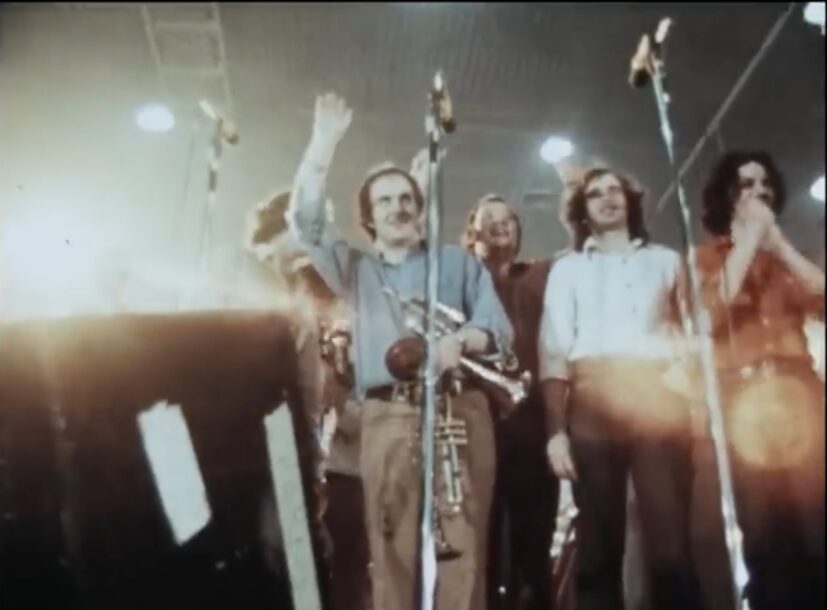
This is the kind of movie that makes you ask, “What if …?” What if the group was allowed to just make its music without all the political scrutiny and expectations? Well, the sky was the limit. That is until the sky fell and fell hard.
It’s a depressing but true story that comes off as a warning. We should always let musicians just be musicians, and not tattoo them with stifling political labels. This is a lesson our culture doesn’t seem to be learning these days, though, so don’t be surprised if this Blood, Sweat & Tears story gets told again (and again) in the future, albeit with the names and places changed. In the end, Scheinfeld tells a story he probably wishes he didn’t have to tell. It all adds up to a whole lot of wasted blood, sweat and tears.



